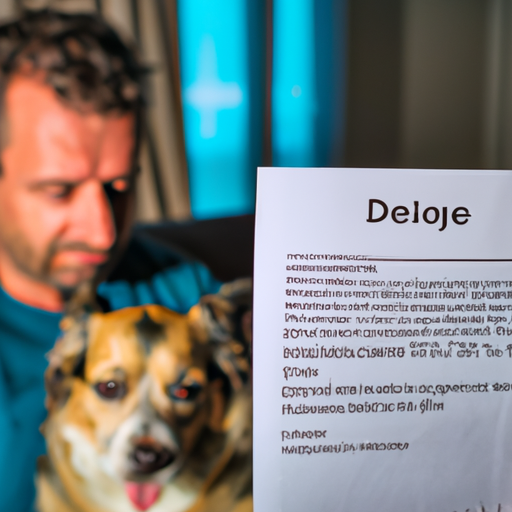Overview
As a caregiver, it’s crucial to understand the medications your furry friend may need. One common medication is doxycycline, a broad-spectrum antibiotic often prescribed for a variety of infections. However, like all medications, doxycycline may have side effects that you should be aware of.
Common Side Effects
Just like humans, dogs can experience side effects from medications. The most common side effects of doxycycline in dogs include:
- Nausea and vomiting
- Diarrhea
- Loss of appetite
- Sensitivity to sunlight
Doxycycline may also cause a rare but serious condition called drug eruption. Signs of this allergic reaction include red, swollen, or blistered skin. If you notice any of these side effects, contact your vet immediately.
Less Common Side Effects
Though less common, there are other side effects to watch out for. These include:
- Changes in the color of your dog’s teeth
- Difficulty swallowing
- Unusual tiredness or weakness
These side effects are less common, but it’s important to be aware of them. They may indicate a more serious problem, such as an allergic reaction.
How to Mitigate Side Effects
As a caregiver, you’re always looking for ways to ensure your pet’s comfort. Here are some tips to help mitigate the side effects of doxycycline:
- Give the medication with food: This can help reduce nausea and vomiting.
- Monitor your pet’s behavior: Watch for changes in behavior that may indicate discomfort or a serious reaction.
- Keep your dog out of the sun: Doxycycline can make your pet more sensitive to sunlight, increasing the risk of sunburn.
| Tips for Reducing Side Effects |
|---|
| Give medication with food |
| Monitor behavior |
| Limit sun exposure |
When to Contact Your Vet
If your dog experiences severe side effects or if the side effects persist, it’s time to contact your vet. Early intervention can prevent further complications, ensuring your furry friend gets back to their normal, playful self sooner.
FAQ
Q: Can I stop giving my dog doxycycline if they have side effects?
A: No, you should never stop a medication without consulting your vet.
Q: Is doxycycline safe for all dogs?
A: While generally safe, some dogs may have underlying conditions that make doxycycline unsafe.
Q: What should I do if my dog has a severe reaction?
A: Contact your vet immediately if you notice severe side effects.
Q: Can I prevent side effects?
A: You can mitigate side effects, but you can’t prevent all side effects.
Remember, every dog is unique and may react differently to medication. Always consult with your vet if you have concerns. Your vet can provide you the best advice for your pet’s specific needs.



